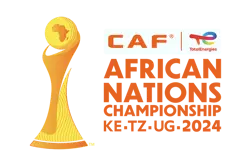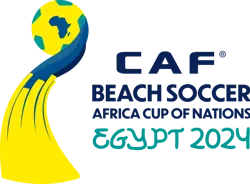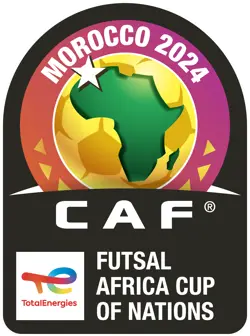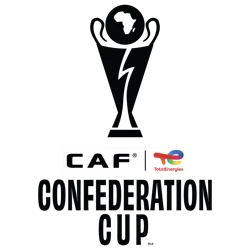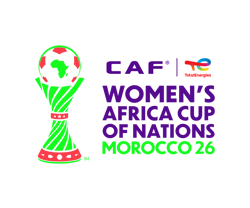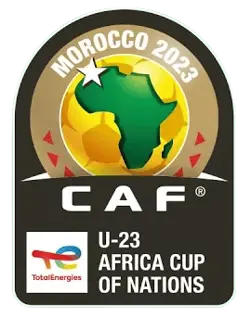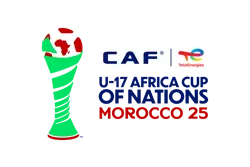Bouchra Karboubi: A Journey of Excellence and Perseverance
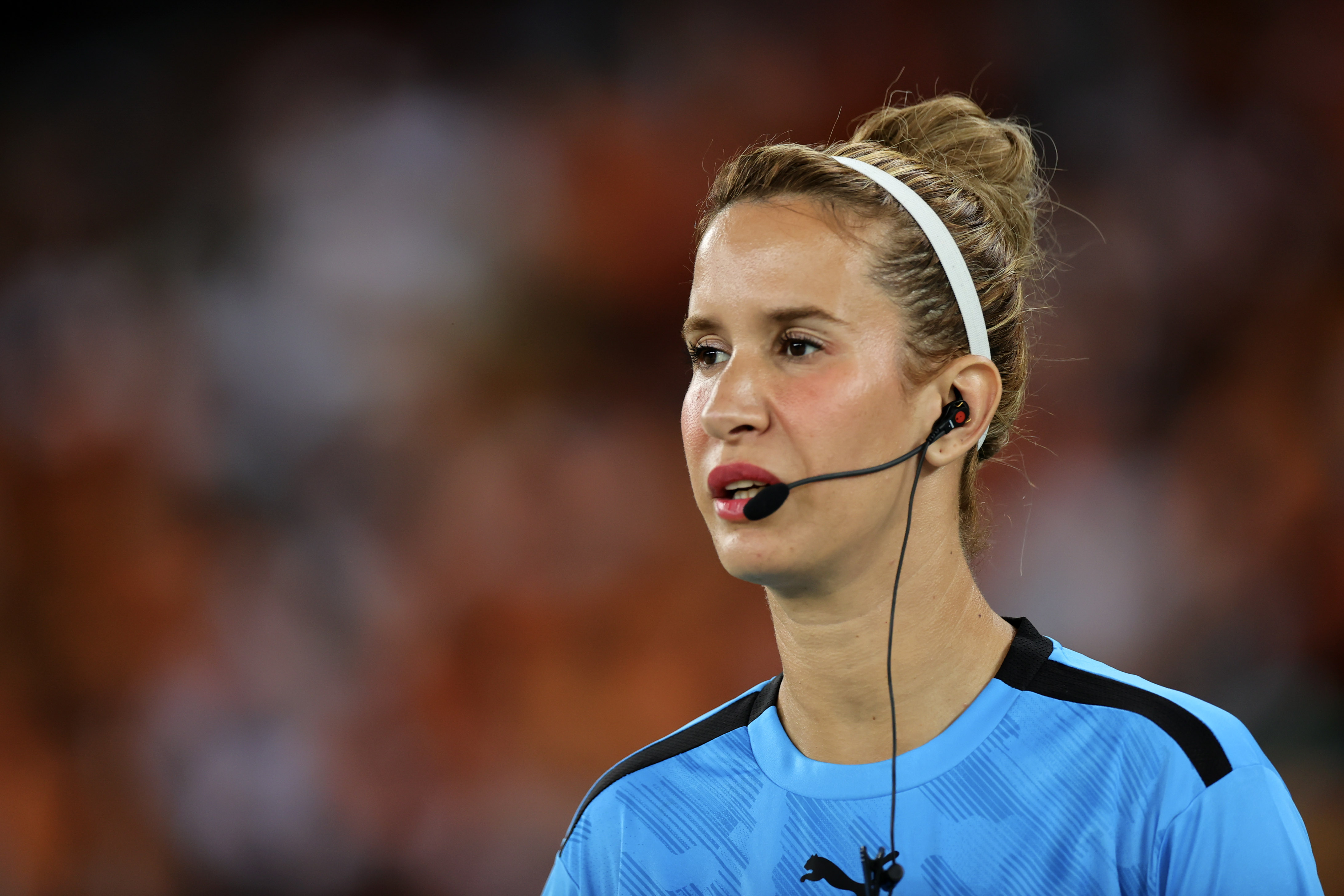
On the pitch, Bouchra Karboubi embodies authority, the woman in black who ensures the laws of the beautiful game are respected on international fields. Driven by an unwavering passion, she has carved her path from her native Morocco to the biggest stages of world football: from the Olympic Games to the FIFA Women's World Cup, passing through the TotalEnergies CAF Africa Cup of Nations.
Off the pitch, she is a fulfilled woman, a mother to a 7-year-old daughter - skilfully balancing her professional responsibilities and family life. Away from the hustle and bustle of the stadiums, she cherishes moments of bonding with her daughter and dreams of a world where female referees will have their rightful place, without prejudice or obstacles.
As part CAF’s celebration of International Women’s Month, Bouchra Karboubi reflects on the key moments of her career and the evolution of female refereeing in Africa. From her early days on Moroccan fields to her rise to the most prestigious international competitions, she shares her journey, full of challenges but also great victories. Between passion, perseverance, and determination, she discusses the obstacles she had to overcome to assert herself in a historically male-dominated field, as well as her ambitions for the future. 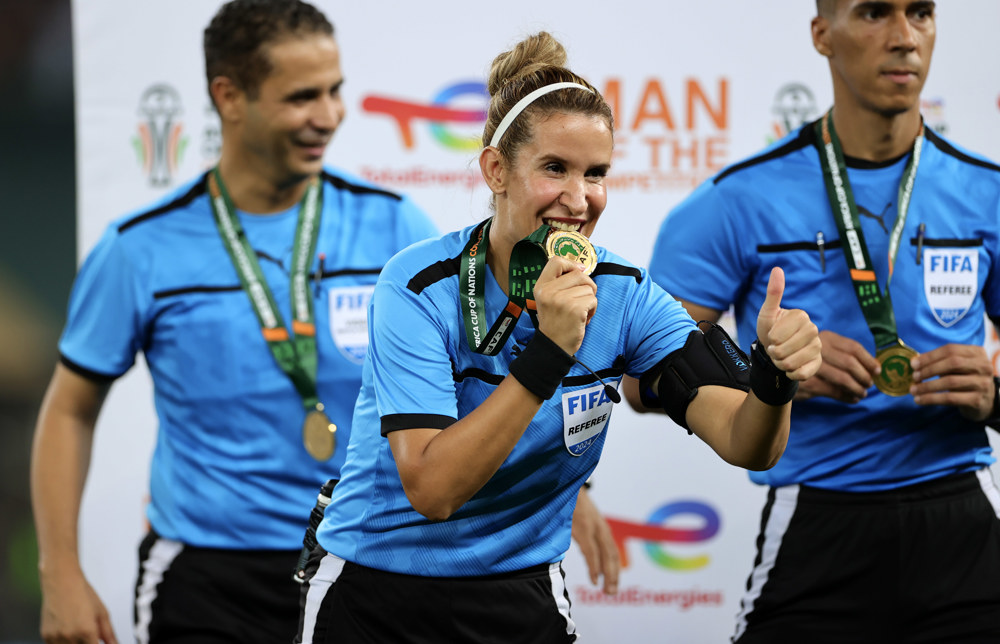
Cafonline.com: You are an iconic figure in African refereeing. What motivated you to pursue this career in a field still largely male-dominated?
Bouchra Karboubi: My relationship with sport dates back to my early childhood. I have always been passionate about football, first as a player before becoming a referee. This sport carries strong values and principles, such as justice, which drew me towards refereeing. Even though this field was, and still is very male-dominated, I wanted to find my place in it and contribute.
What have been the greatest challenges you have faced as a referee, and how did you overcome them?
The first challenge was gaining my family's acceptance, as they are very conservative. In our culture, it was unthinkable for a girl to wear shorts, play football, or become a referee. My brothers had difficulty accepting my choice, and it was a tough battle.
Then, there were the mentalities and the culture of our society. I had to face prejudices and critical stares.
As a married woman wanting to start a family, I also faced challenges, especially during pregnancy and after childbirth, when it was hard to regain my physical abilities.
Finally, balancing my career as a police officer, my passion for refereeing, and my family life wasn’t easy. But with good organization and the support of my loved ones, I found balance.
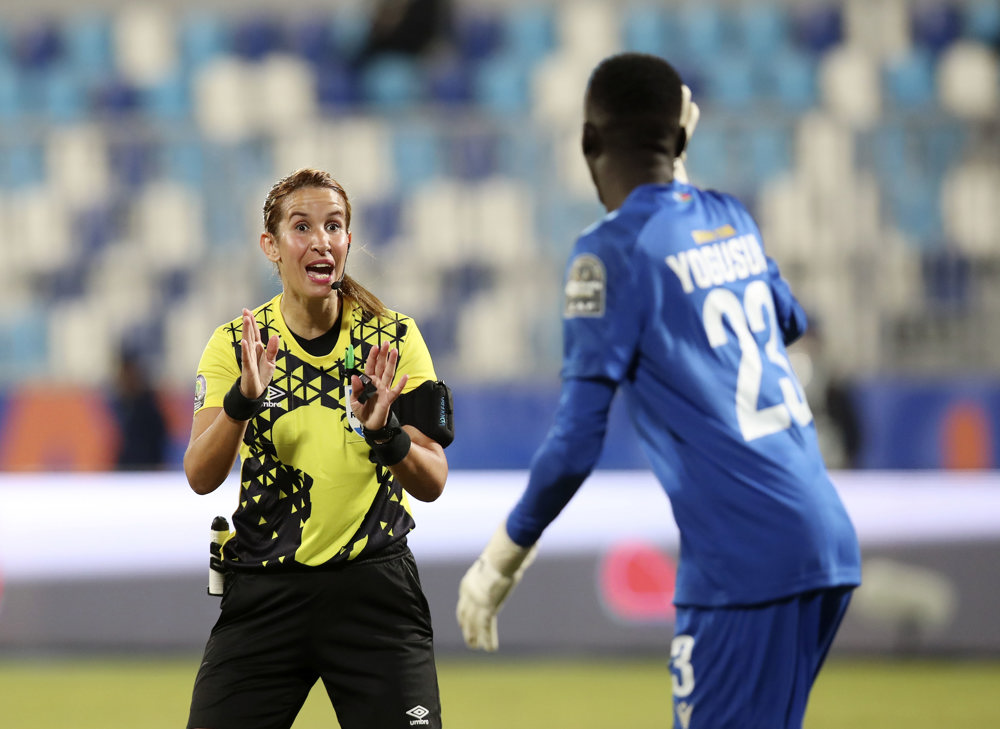
How do you describe the evolution of female refereeing in Africa in recent years?
African female refereeing is progressing toward excellence. We, the female referees, are present at all levels of competition, whether it is FIFA, CAF, or even in men's tournaments.
We are involved in the U-17 and U-20 Africa Cup of Nations, CHAN, senior AFCON, VAR, and on the field. This progress is the result of considerable work from the CAF refereeing committee and leadership, which provides us with more and more opportunities.
What has been your greatest pride as a referee?
Honestly, I can't mention just one particular match. Every step of my career has been significant.
At the national level, my greatest pride remains officiating the 2021/22 Coupe du Trône final for men, as the first Moroccan, Arab, and African woman to accomplish this feat.
At the CAF level, there was the AFCON match I refereed in Cote d’Ivoire between Nigeria and Guinea-Bissau. But also, and most importantly, the AFCON final, where I was the fourth referee. That moment will be etched in my history.
On the FIFA stage, my greatest achievement was participating in the World Cup in Australia and New Zealand. And of course, the Olympic Games, where I had the chance to referee a semi-final in the Paris Olympics. These matches marked my journey.

What memory do you have of your very first major international competition?
My first international competition was the Women's AFCON in Ghana, 2018. I have a particularly strong memory of an unexpected and moving moment.
During a training session, while we were focused on our drills, I turned my head and saw the president of our federation, Mr. Faouzi Lekjaa. He had come to visit us without any prior notice. It was a complete surprise! His support and encouragement were a powerful moment for me. I had tears in my eyes. I will never forget that day.
There are more and more female referees. What advice would you give to young women who want to follow in your footsteps?
I will keep it brief: in addition to determination, hard work, sacrifices, and humility, there are two key words I always repeat to young girls: continuity and perseverance.
You have to keep hope, work tirelessly, and never give up. Success is not built overnight, but with unwavering determination.
You were recently awarded the Best Referee award at the CAF Awards last December.
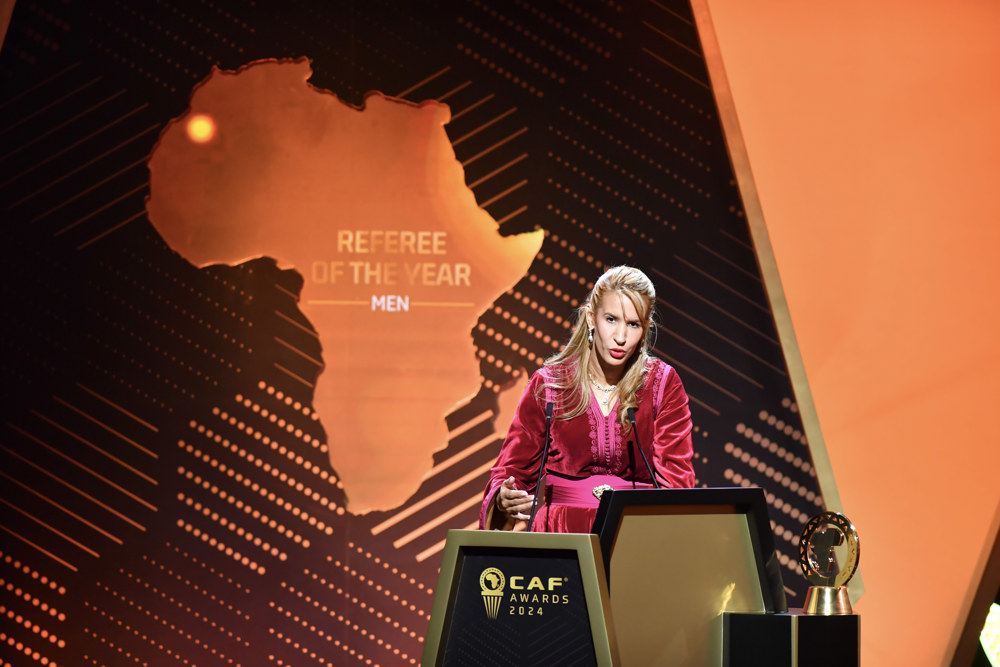
What emotions did this recognition bring you? And how do you envision the future after such a reward?
It was a moment of great joy and immense pride. A recognition that will remain etched in my memory.
For me, this award is a source of positive energy and additional motivation to double my efforts. I am fully aware that while reaching the top is difficult, staying there is even harder. This motivates me to continue working hard to maintain this level of excellence.
What are your goals and ambitions for the coming years in your refereeing career?
I am a candidate for the 2026 Men's World Cup, and my goal is to participate as a referee and officiate in several matches.
On the women's side, I am also a candidate for the 2027 Women's World Cup and would love to referee the final. It would be a crowning achievement.
My ambition is to honor the trust CAF has placed in us, to represent my federation, my country, my confederation with pride, and to continue showing that women have their rightful place in refereeing at the highest level.

